Types of Banking Frauds and How to Prevent Them

Types of Banking Frauds and How to Prevent Them, Banking is an essential element of a country’s economy and it is one system that holds the financial nerves of not only the government but also the entire population. Several things come under the purview of the banking system investments, savings accounts, loans, credit cards, and others. Though all these banking elements are known to help people and businesses a lot, there are higher chances of goofing when things are either not right or someone is running behind your hard-earned money or credit card. This is when bank fraud happens. As a responsible person, you should be well aware of what bank frauds are, their types, and ways to avoid them. So, let’s start.
What is Bank Fraud?
In simpler terms, bank fraud refers to an authorized banking transaction that takes place without the proper authorization of the account owner. There could be different types of bank fraud but all of them aim to hurt the financial position of an individual, a business, or an entire banking system. In today’s digital age, the chances of bank fraud are quite high as a majority of people use mobile banking apps, credit cards, e-commerce sites, and other digital touchpoints.
Bank frauds are mostly carried out by fishy people, burglars, and criminals who seek the benefits of weak points in a bank’s security system and exploit it for their nefarious purposes.
Read More: What is a Simple Interest Rate and How to Calculate It?
What Can Banks Do To Prevent Bank Fraud?
Be it any financial institution like a bank, NBFC, business, or any other entity, it is extremely necessary to adopt several security measures to prevent banking fraud. From using high-end security protocols to firewalls, two-factor authentication, and anti-virus systems, there are hundreds of things banks can do to prevent bank fraud.
Read More: Net Present Value (NPV): What You Should Know
Different Types of Bank Fraud
There can be different types of bank fraud from minor ones to bigger ones. It is important to highlight all of them. Below we have done
1. Account fraud: This kind of bank fraud refers to misquoting a bank’s financial profile through illegal ways to forge financial documents and extract funds.
2. Account hacking: In this kind of fraud, people get unlawful admission to people’s online banking accounts and make unauthorized financial transactions.
3. Fraud related to bill discounting: This type of fraud takes place when a bank gets the receipt of the invoices that carry improper collateral, which could cause big losses.
4. Cheque kiting: When people prepare a bank cheque without mentioning proper money, fraudsters try to take advantage of the time lag before clearing of the cheque and putting the amount into a different account. They extract the money before the cheque bounces.
5. Forged paperwork: This is a common banking fraud these days. When an illicit person opens a bank account in someone else's name, he makes use of forged identity docs and uses his name to do transactions.
Read More: The Best Way to Get Rs 5 Lakhs Business Loan Instantly Is Here
6. Forgeries and modified checks: This bank fraud can be categorized under small changes made in an individual’s paper by fraud people. These activities are considered illegal as per the law.
7. Fake loan applications: This resorts to providing false information to banks or lenders to obtain loan amounts. This is usually done by providing fabricated documents or false income details.
8. Empty ATM envelope deposits: Criminals tend to deposit empty ATM envelopes into ATMs to make fake deposits, exploiting lax verification practices.
9. Identity theft or caricature: Fraudsters try to steal confidential information of people to commit identity theft or synthetic identity fraud through different types of identity fraud techniques to gain access to bank accounts, credit cards, or loans.
10. Money laundering: Money laundering can be defined as hiding the actual sources of illegally obtained money through various means, including transferring funds between financial institutions or using false identities.
11. Payment card fraud: This refers to the unauthorized use of debit or credit cards, often through theft or hacking, causing illegal purchases.
12. Phishing and social engineering: Phishing and social engineering take place when fraudsters use deceptive emails, phone calls, or messages to trick individuals into revealing their sensitive information, including login credentials.
13. Rogue traders: Individuals and entities engage in securities fraud and other illegal activities for profit, often by manipulating markets or deceiving investors.
14. Check-related fraud: Forged or forged checks are used to withdraw funds from accounts, to cause losses for both banks and customers.
15. Stolen cheque: Fraudsters illegally obtain and use cheques belonging to others, attempting to cash or deposit them fraudulently.
16. Wire transfer fraud: Criminals initiate unauthorized wire transfers from compromised accounts using stolen personal information.
17. Credit card fraud: Credit card fraud involves using stolen credit card information for unauthorized purchases or cash advances, causing financial losses to both cardholders and banks.
18. Loan fraud: False information or documentation is used to secure loans from banks or financial institutions, which may never be repaid.
19. Asset misappropriation: This type of bank fraud encompasses the misallocation or theft of an organization's assets, whether through embezzlement, fraudulent disbursements, or inventory theft.
FAQs
How Can I Find Fake Banking Websites?
There are several ways to find fake banking websites that are intended to take out your money fraudulently. For example, check the HTTP term in the bank’s URL. It should always start with HTTPS. Be aware if you don’t come across a padlock sign on the right side of the URL. Check for the @ sign in the website URL. For better safety, always bookmark the genuine website of the bank to avoid bank fraud.
What If My Bank’s Debit Card Gets Stolen?
If you find that your debit card is lost or stolen, don’t delay reporting the same to the bank’s customer care and get it blocked ASAP.
What Should I Do If I Come Across a Transaction I Didn't Carry Out?
This is a financial emergency and you should report this activity to your bank’s customer care. The bank will check the origin of such an activity and take the appropriate action.
Verify Phone Number
Related Post
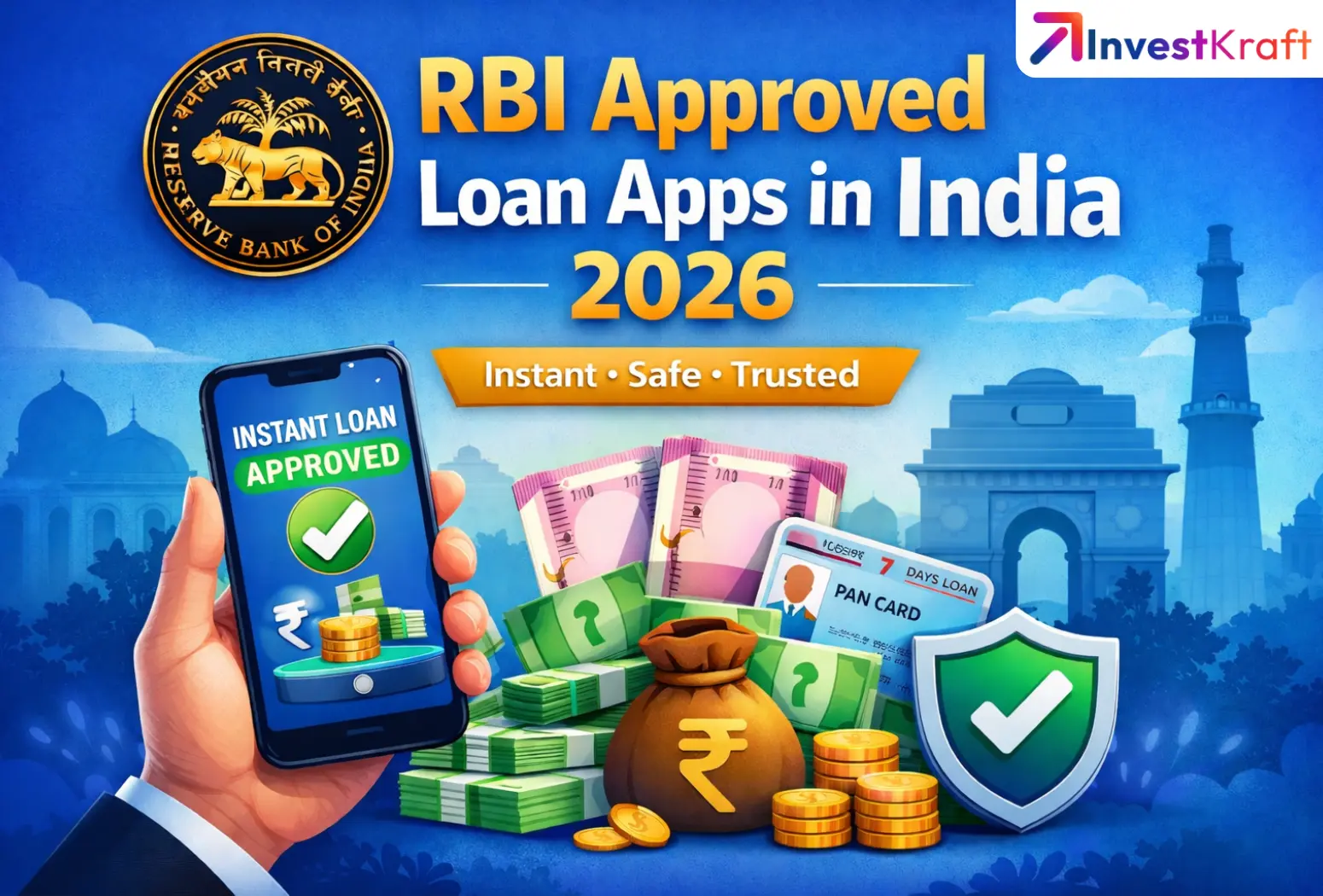
RBI Approved Loan Apps in India 2026: Best Instant & Safe Loan Apps List
Instant loan apps have completely changed how Indians borrow money. Whether you need ₹1,000 ur...
Read more...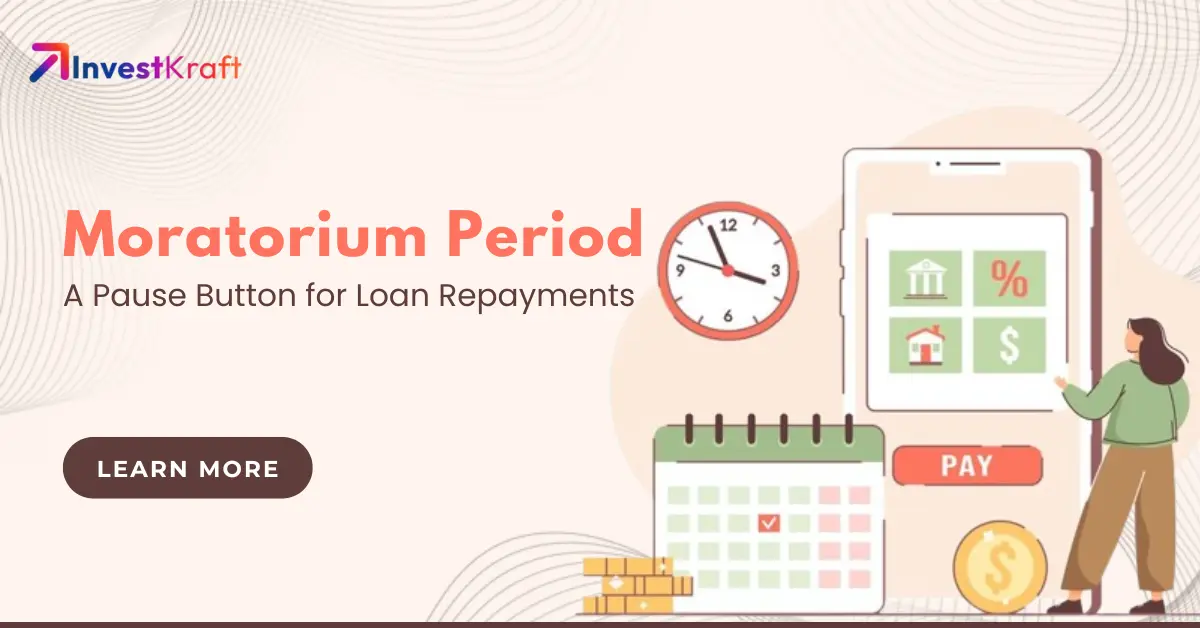
How Does the Moratorium Period Act as a Life Raft for Borrowers?
Financial jargon, whether taking a loan or opening a bank account, can be confusing and tricky. Thes...
Read more...
New to Credit? Stop Worrying and Build Your Credit with These Essential Tips
Establishing and maintaining a healthy credit score can seem overwhelming, particularly for new borr...
Read more...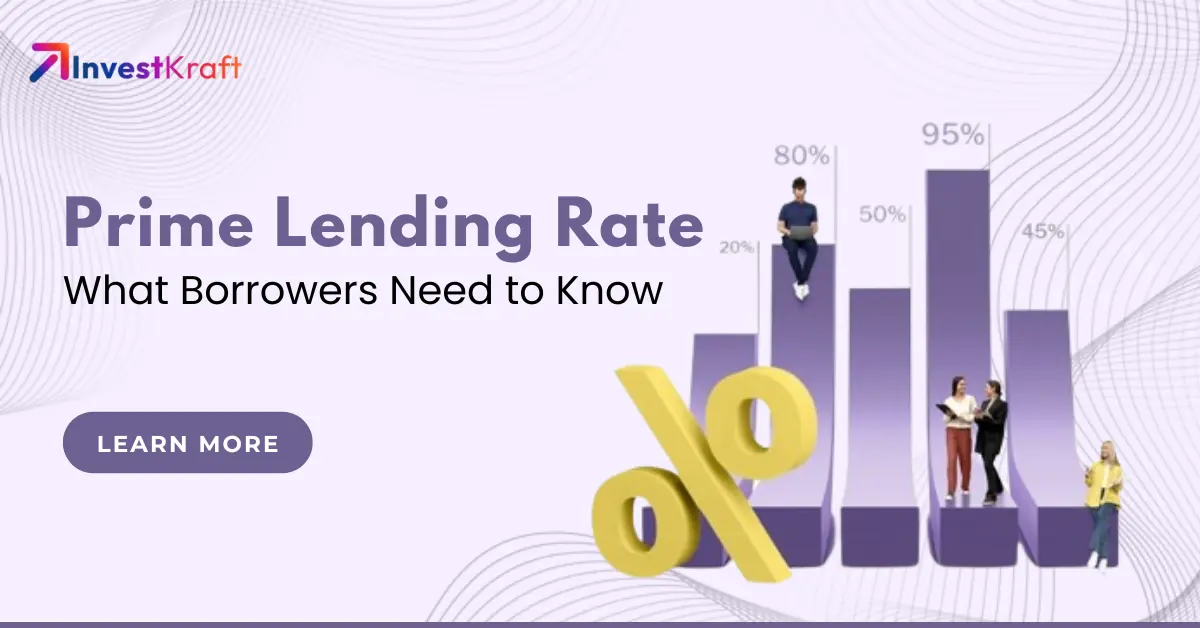
Prime Lending Rate: A Friend or Foe for Borrowers?
When purchasing items on credit, it is common to need a financial investment and many turn to loans...
Read more...
Top 10 Foreign Banks in India 2025
Foreign banks bring crucial international expertise and capital to India’s BFSI industry, benefiting...
Read more...
Top 10 P2P Lending Companies in India 2025
Peer-to-peer lending, or P2P lending, offers a way for individuals to borrow and lend money without...
Read more...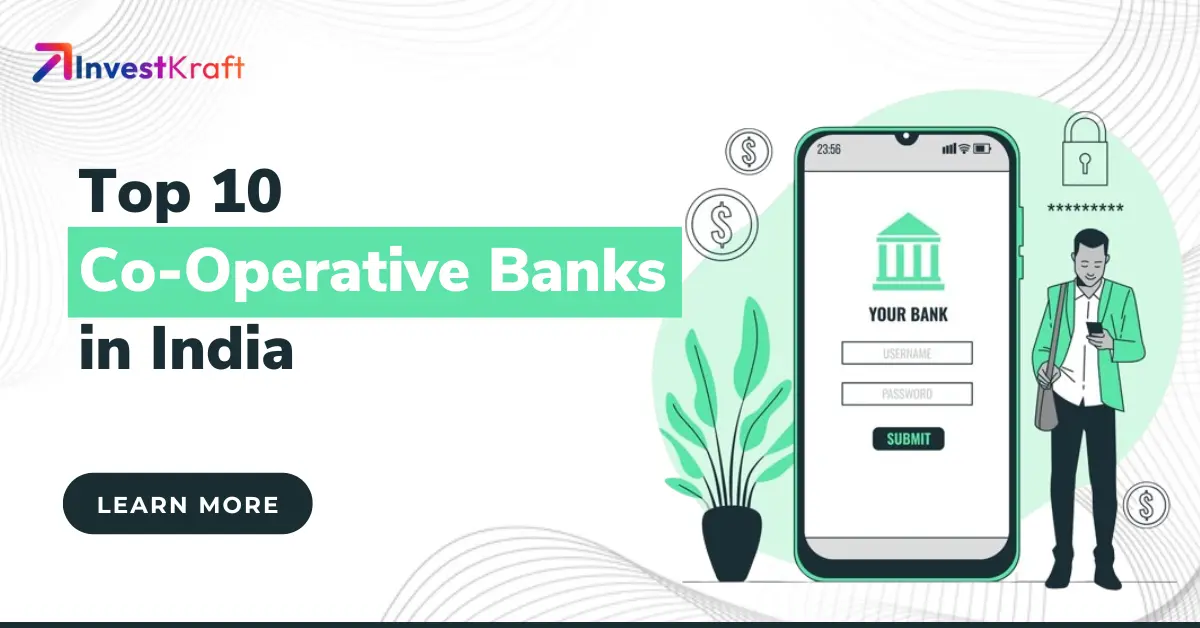
Complete List of Cooperative Banks in India 2025 – Urban & Rural Co-ops Banks
The role of cooperative banks in a rapidly growing nation like India is of crucial importance. The c...
Read more...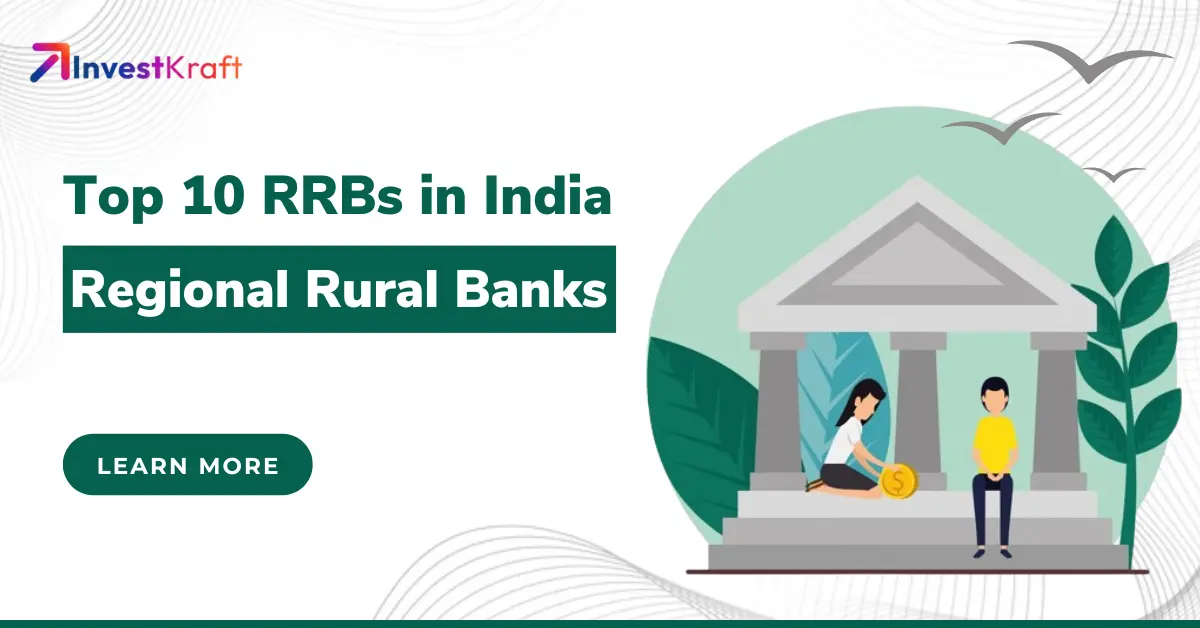
Complete List of Regional Rural Banks (RRBs) in India 2025 – Services & Functions Explained
Established on the recommendations of the Narasimhan Working Group in 1975, Regional Rural Banks (RR...
Read more...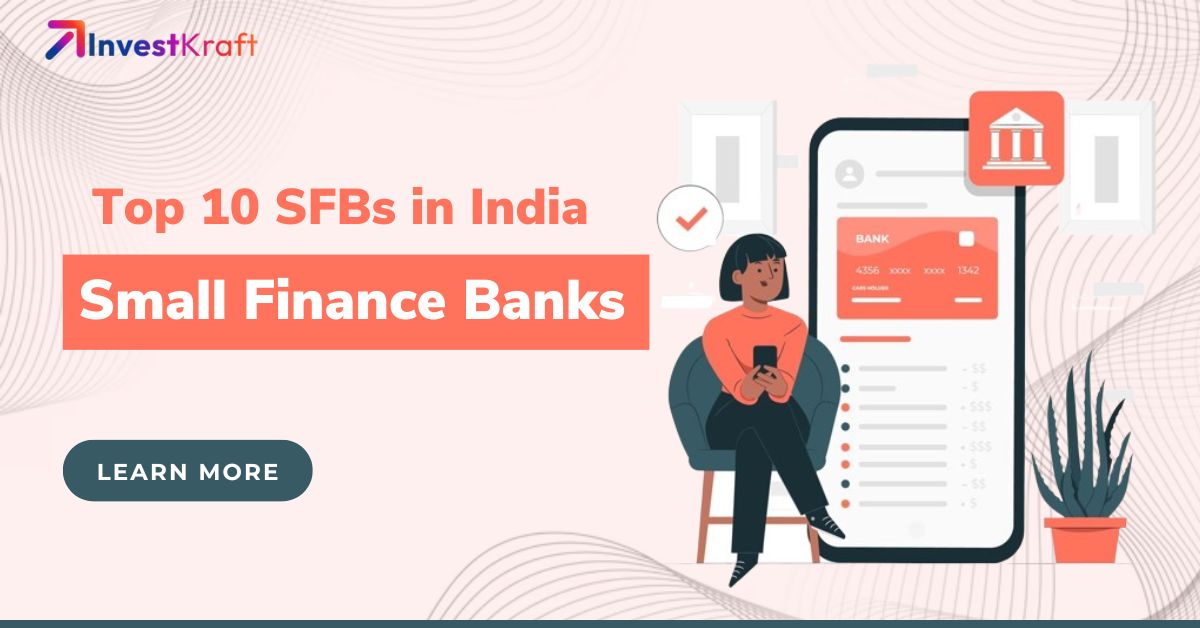
Top 10 Small Finance Banks (SFBs) in India 2025
Small Finance Banks aim to empower marginalized groups in society, including small businesses, margi...
Read more...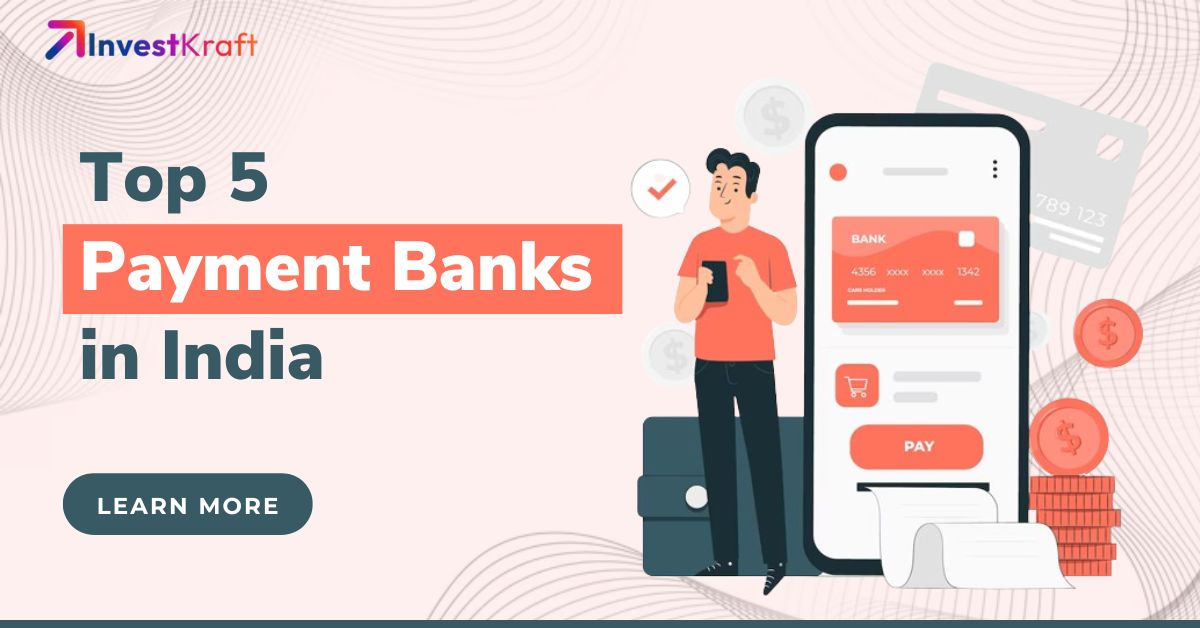
Top 5 Payment Banks in India 2025
In recent years, India's banking landscape has undergone a significant transformation with the adven...
Read more...Reach out to our Experts if you have any Doubts
Like the best things in life, Consultations @InvestKraft are free
Drop a Mail or give us a Missed Call & Begin your Investment Journey here







